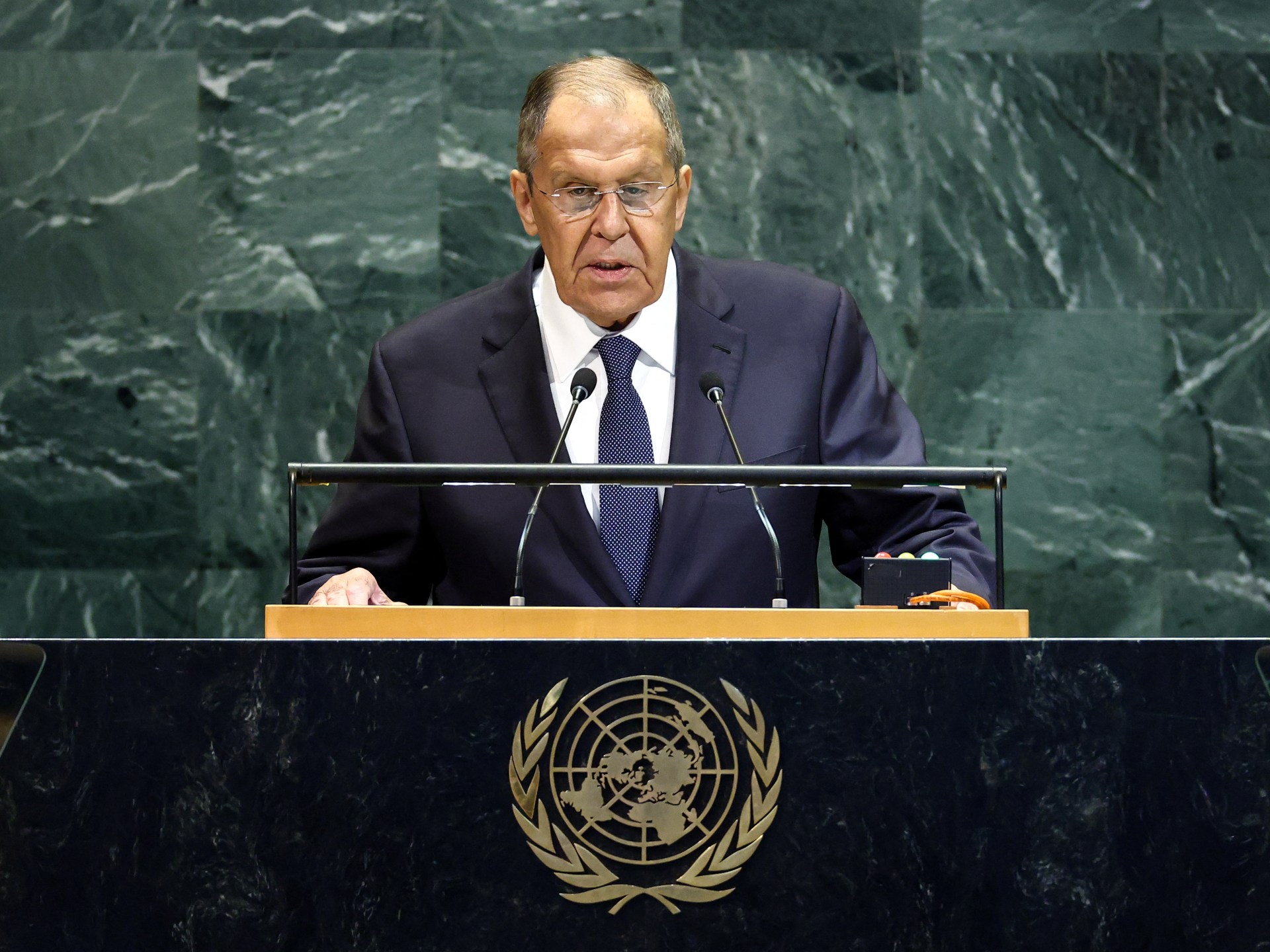Russia’s Foreign Minister Sergey Lavrov addressed the United Nations General Assembly on September 27, 2025, to clarify Moscow’s stance amid ongoing tensions with the European Union (EU) and the North Atlantic Treaty Organization (NATO). He firmly stated that Russia has no intention of attacking EU or NATO countries, contradicting widespread Western fears of an imminent Russian assault.
Lavrov detailed that Russia perceives itself as a nation under threat, rather than an aggressor. He said accusations that Russia plans to attack European countries are unfounded provocations dismissed repeatedly by President Vladimir Putin. Lavrov emphasized that Russia has consistently sought legally binding security guarantees from NATO, which have been ignored, with Western countries instead escalating threats against Russia. While Moscow denies any offensive intentions, Lavrov warned that any aggression against Russia would be met with a decisive response. This underscored Russia’s position of readiness to defend its sovereignty without initiating conflict.
The foreign minister accused Western countries, particularly NATO and EU members, of fearmongering about the possibility of a third world war, describing such rhetoric as dangerous and destabilizing. Lavrov criticized the repeated polarization of the world into “us versus them” narratives and insisted these divisions are at the root of global crises and conflicts. He accused the West of violating fundamental international principles and engaging in double standards, citing examples like NATO’s past military interventions and unilateral actions that flout UN resolutions.
On Ukraine, Lavrov justified the conflict by describing the Ukrainian government as a regime that seized power via an unconstitutional coup in 2014, sought to suppress Russian language and culture, and denied rights to Russian-speaking populations. He claimed Russia is open to negotiations aimed at resolving the conflict if Moscow’s interests and the rights of Russian-speaking people in Ukraine are guaranteed. He also expressed cautious optimism about ongoing US-Russia dialogues initiated recently, which could help shape a ceasefire, reflecting some diplomatic openings even as hostilities continue.
Lavrov also commented on broader international issues, including criticizing Western policies blocking sanction relief for Iran and calling for lifting sanctions on Cuba and Venezuela. He highlighted Russia’s support for reforming the United Nations to better represent the current global power balance by supporting the inclusion of countries like Brazil and India as permanent members of the Security Council, opposing what he termed attempts by a few countries to dominate the organization.
In conclusion, Russia’s message from Lavrov’s speech at the UN reflects a defensive posture: denying any plans to attack EU or NATO states while warning those blocs against provoking Russia. Russia projects itself as defending its interests against what it interprets as Western aggression and political double standards. The speech calls for respect of international law, diplomatic engagement, and reforming global institutions to prevent further conflict and address genuine security concerns.

